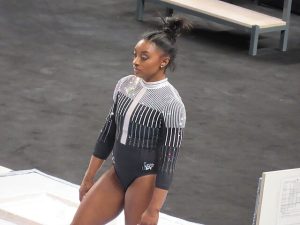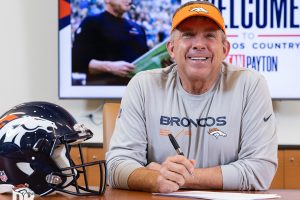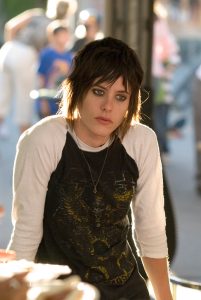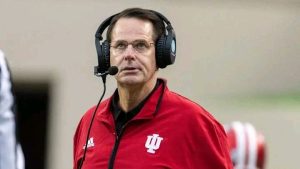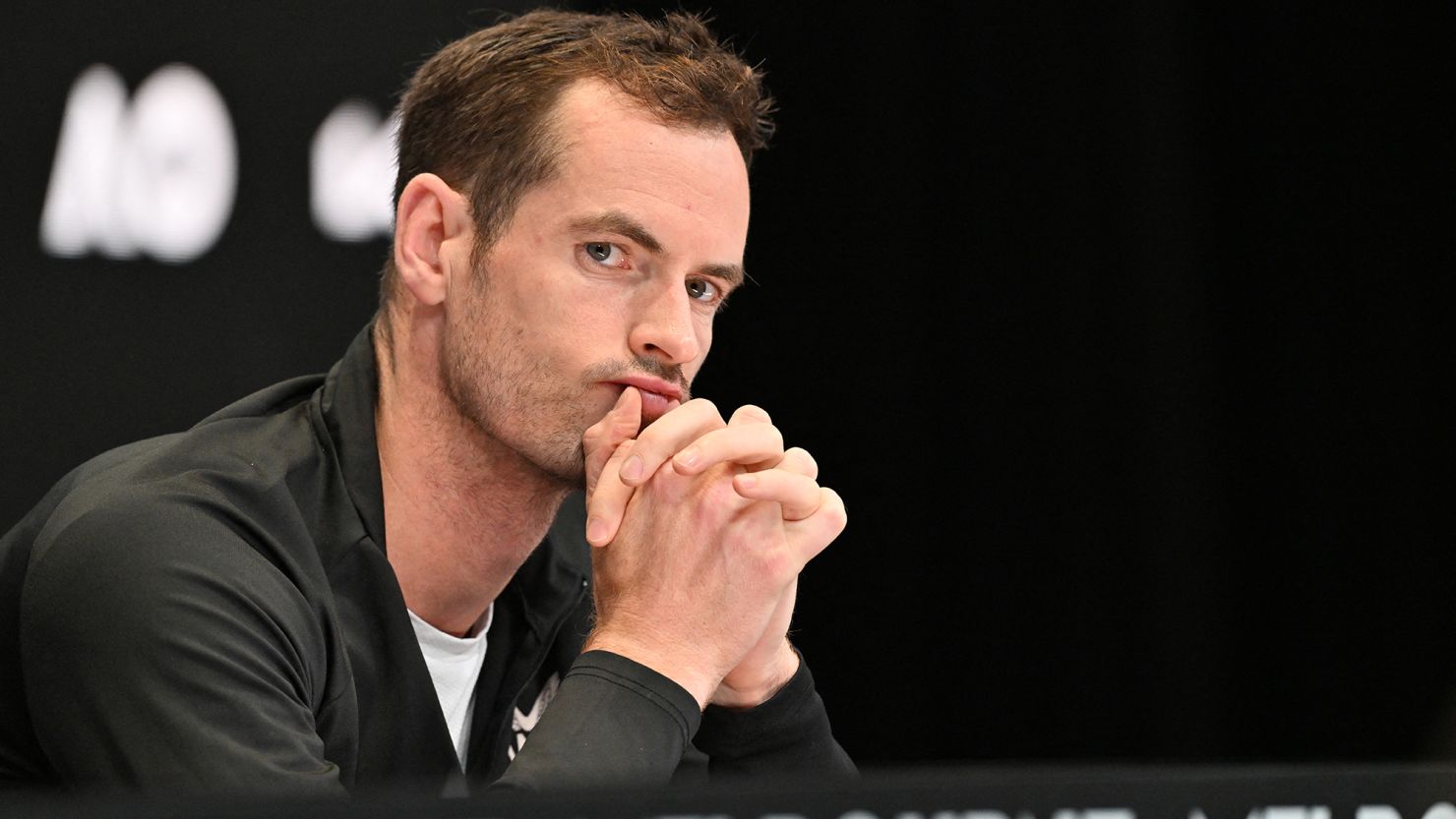
 In an Edinburgh park, shortly before shooting an unsuspecting dog in the backside with an air rifle, Sick Boy imparts his philosophy to Renton. “At one point you’ve got it. Then you lose it and it’s gone for ever. All walks of life. George Best, for example. Had it, lost it. Or David Bowie, Lou Reed. Charlie Nicholas, David Niven, Malcolm McLaren, Elvis Presley.”
In an Edinburgh park, shortly before shooting an unsuspecting dog in the backside with an air rifle, Sick Boy imparts his philosophy to Renton. “At one point you’ve got it. Then you lose it and it’s gone for ever. All walks of life. George Best, for example. Had it, lost it. Or David Bowie, Lou Reed. Charlie Nicholas, David Niven, Malcolm McLaren, Elvis Presley.”
“So, we all get old, we cannae hack it any more and that’s it? That’s your theory?”
“Yeah.”
Andy Murray? The acute impact of serious injury on his body makes the Sick Boy analysis overly simplistic but the overarching rationale is not completely wild. Just do not dare mention the Trainspotting analogy to Murray.
These are troubled times for one of Britain’s greatest ever sportsmen. By his own assessment, Murray finds himself in a “terrible moment” after a first-round defeat to Benoît Paire, the world No 112, in the Open Sud de France. Murray exited the Australian Open at an identical point; six of his past seven tournament appearances have resulted in a round-one loss. The 36-year-old has not been beyond the third round of a grand slam event since 2017. All evidence points to an outstanding career that is grinding towards a halt. If people were not questioning Murray’s longevity, there would be something amiss.
Not that Murray is of a mind to accept such an assessment. A midweek column from Kheredine Idessane, BBC Scotland’s tennis correspondent, prompted social media fury from the three-time grand slam winner. “It’s been an incredible journey by a remarkable man,” said Idessane. “And such a privilege to bear witness to large parts of it.” What followed was a completely inoffensive opinion piece by a completely inoffensive individual. One sentence riled Murray: “At what point does bravely soldiering on start to damage his legacy?”
The language was perhaps clumsy but the notion of a sportsperson remaining in situ way beyond what is healthy for themselves or a public who have to watch from between fingers isn’t a novel one. Think Ian Rush at Wrexham or Billy Casper shooting 106 in the 2005 Masters. Picking an opportune moment to bow out is important because, in the modern world, people have short memories.
